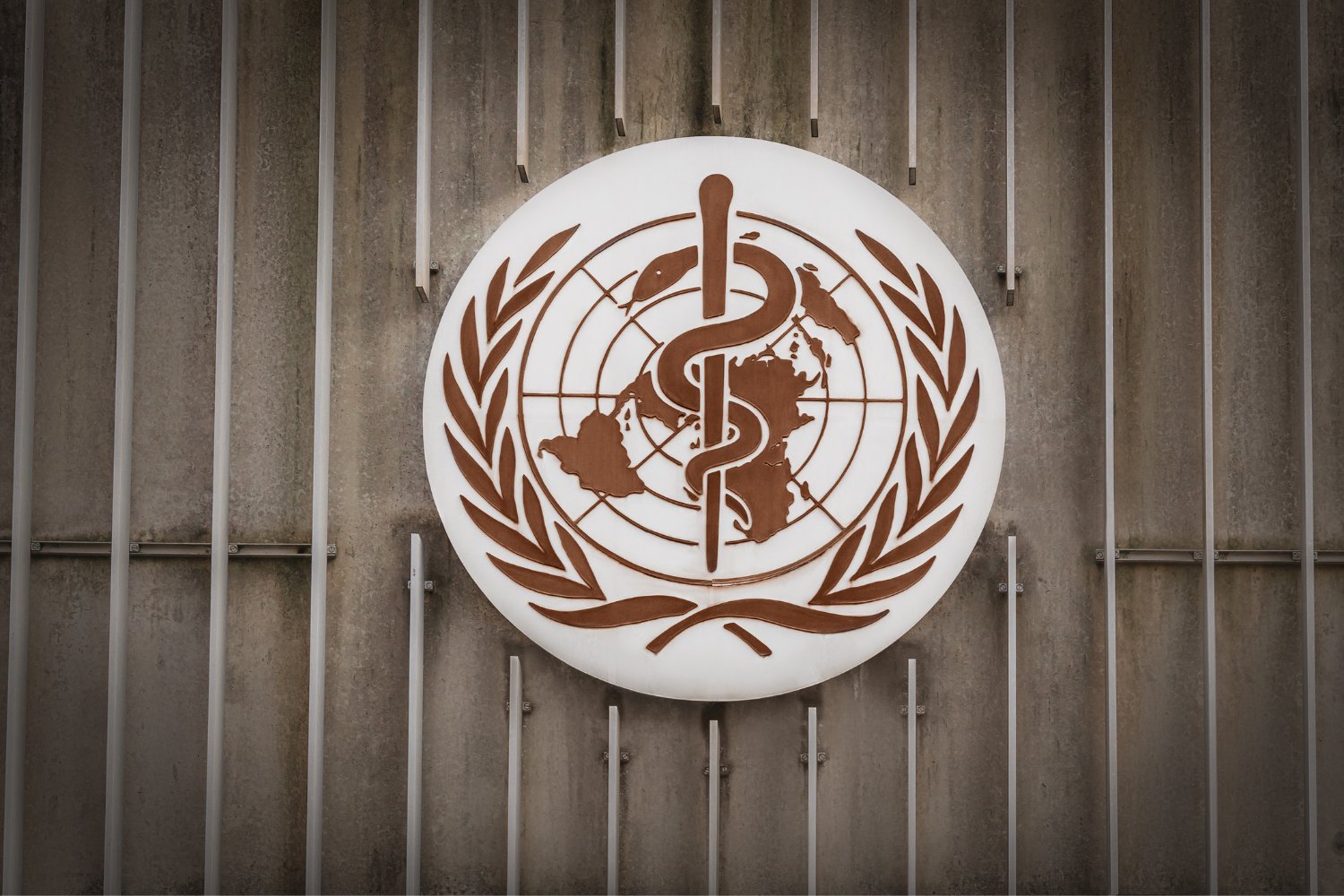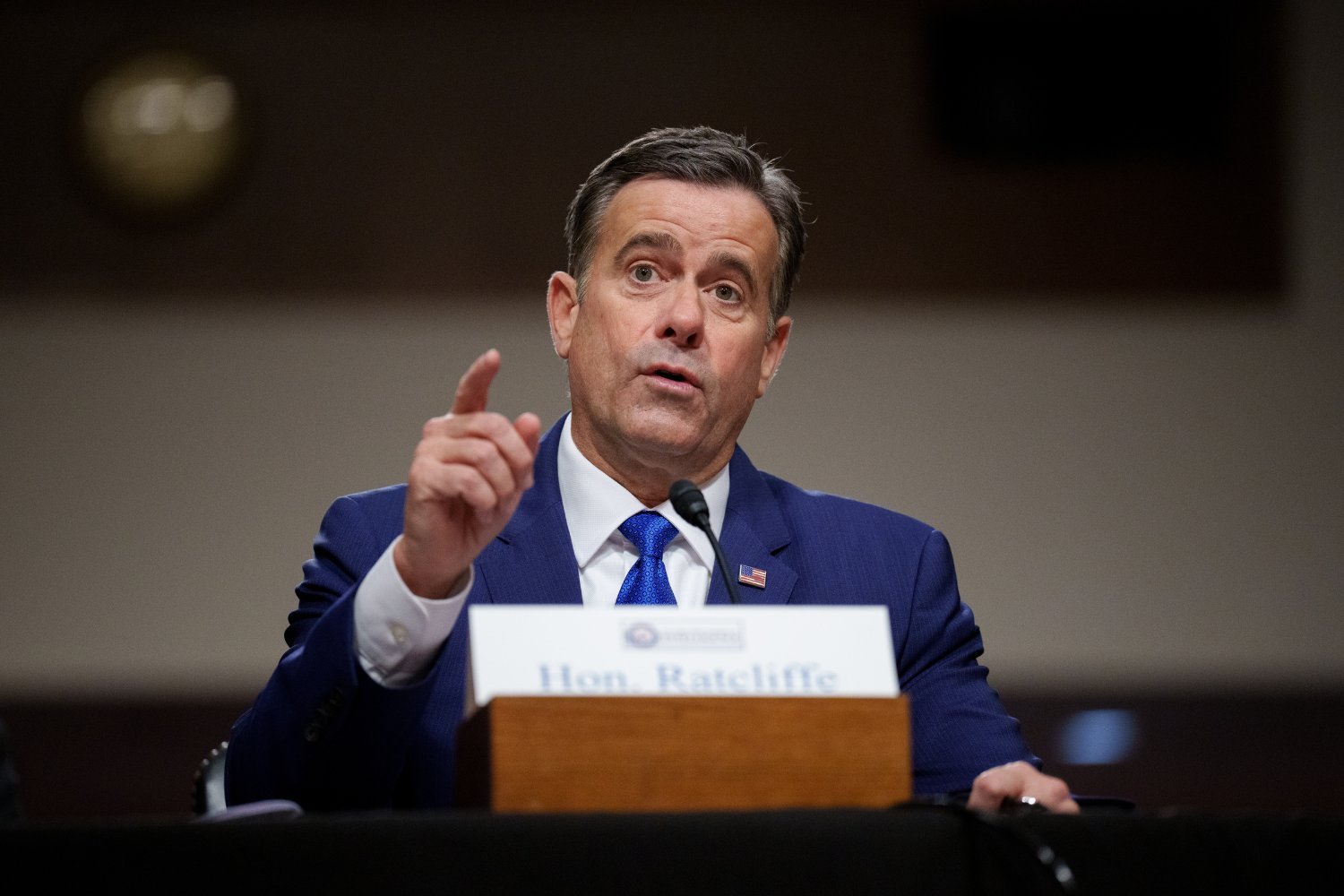The recent executive order signaling the United States’ intention to withdraw from the World Health Organization (WHO) has sparked widespread concern among public health experts. This decision, reminiscent of a similar attempt in 2020, raises serious questions about the future of global health security. The order cites the WHO’s handling of the COVID-19 pandemic and its alleged susceptibility to political influence as justification for the withdrawal.
Criticisms and Concerns
While the WHO has faced criticism regarding its response to the COVID-19 pandemic, including its initial delay in declaring a pandemic and its investigation into the virus’s origins, many experts argue that withdrawing from the organization is not the solution. They advocate for reforms within the WHO, emphasizing the importance of continued US involvement in shaping global health policy. The withdrawal, if approved by Congress, would significantly impact the WHO’s funding and hinder international collaboration on critical health initiatives.
Financial and Collaborative Impacts
The United States has historically been the largest contributor to the WHO, providing substantial financial support for vaccination programs and other vital health initiatives, particularly in low- and middle-income countries. This withdrawal threatens to undermine these efforts and jeopardize progress made in combating diseases like polio and HIV. Furthermore, it disrupts crucial scientific collaborations between US researchers and their international counterparts, hindering the timely identification and response to emerging health threats.
Implications for Pandemic Preparedness
The timing of this withdrawal is particularly concerning given the current global health landscape. The rise of H5N1 avian influenza, with its potential to evolve into a pandemic threat, underscores the need for international collaboration and information sharing. The WHO plays a crucial role in monitoring and coordinating responses to such emerging threats. The US withdrawal weakens this global network and increases the risk of future health crises.
Broader Consequences
Beyond immediate impacts on pandemic preparedness, the withdrawal also affects other important public health functions. The WHO’s role in selecting flu strains for seasonal vaccines, in collaboration with agencies like the FDA and CDC, could be disrupted. Access to critical health data maintained by the WHO may also be hindered, further impeding research and response efforts.
Conclusion: A Step Backwards for Global Health
The US withdrawal from the WHO represents a significant setback for global health security. It undermines international collaboration, weakens critical health programs, and jeopardizes progress in addressing existing and emerging health threats. Ultimately, this decision puts not only Americans but the entire world at greater risk.











